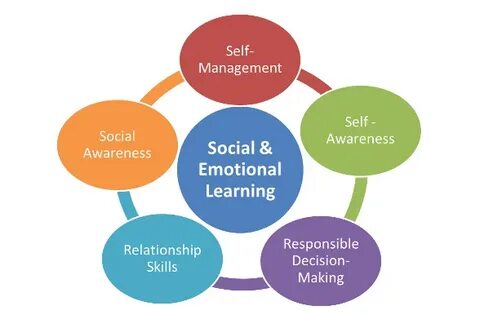
The Power of Social-Emotional Learning in Education
Understanding Social-Emotional Learning
In the realm of education, the significance of social-emotional learning (SEL) cannot be overstated. This approach focuses on nurturing a student’s ability to recognize and manage emotions, build positive relationships, and make responsible decisions. SEL equips students with vital skills that extend far beyond the classroom, preparing them for success in various aspects of their lives.
Enhancing Emotional Intelligence
One of the key benefits of integrating social-emotional learning into education is the enhancement of emotional intelligence. By developing self-awareness and empathy, students can navigate complex social situations with confidence and grace. This self-awareness also empowers them to understand their strengths and weaknesses, leading to improved self-confidence and resilience.
Fostering Positive Relationships
Another crucial aspect of SEL is its emphasis on fostering positive relationships. By nurturing effective communication and collaboration skills, students learn to cultivate strong bonds with their peers and teachers. This not only creates a more inclusive and supportive learning environment but also sets the stage for future success in their personal and professional lives.
Cultivating Responsible Decision-Making
SEL also plays a significant role in cultivating responsible decision-making skills. By teaching students how to assess risks, consider consequences, and make informed choices, educators empower them to navigate challenges and setbacks with maturity and composure. This, in turn, prepares them to tackle the complexities of the real world with confidence and resilience.
Embracing Social-Emotional Learning
In conclusion, social-emotional learning is a powerful tool that can transform the educational experience for students of all ages. By integrating SEL principles into the curriculum, educators can equip students with the skills they need to thrive academically, socially, and emotionally. In doing so, they not only prepare students for success in school but also empower them to lead fulfilling and meaningful lives beyond the classroom.